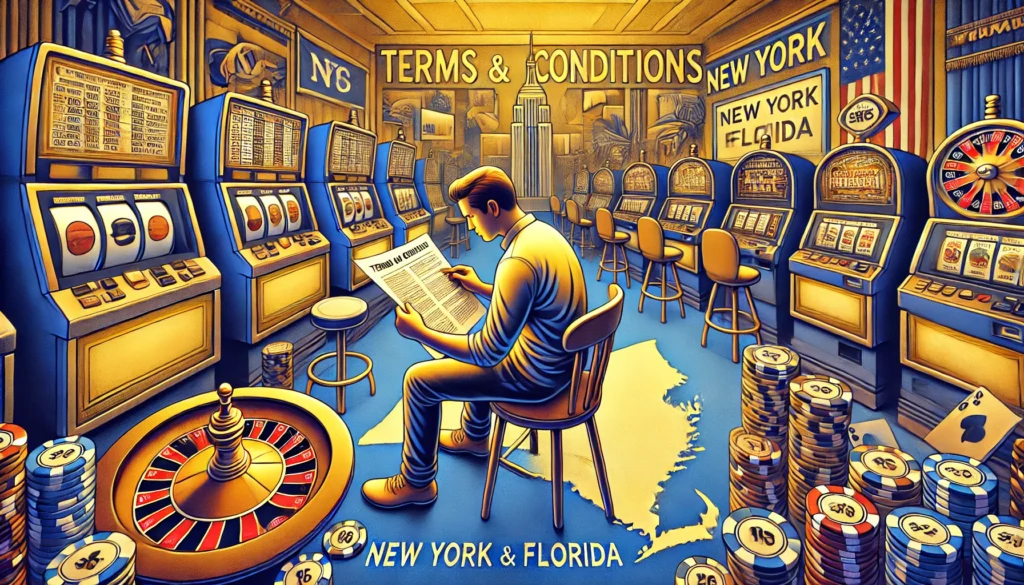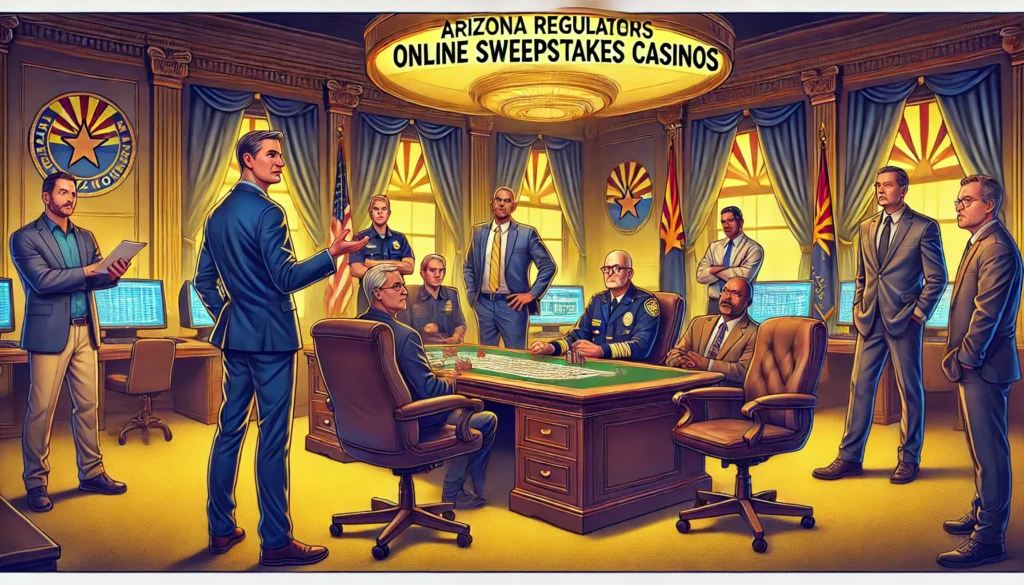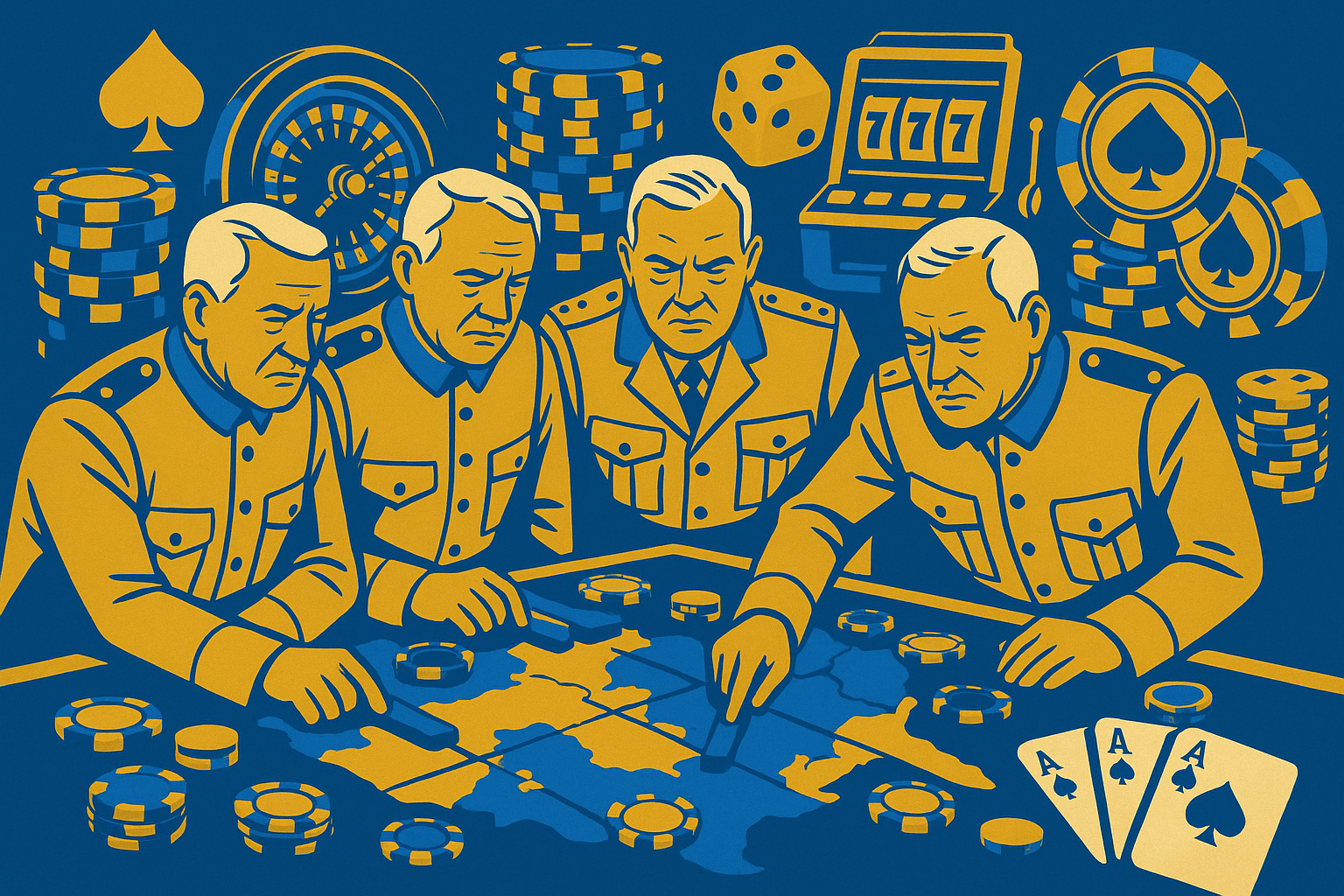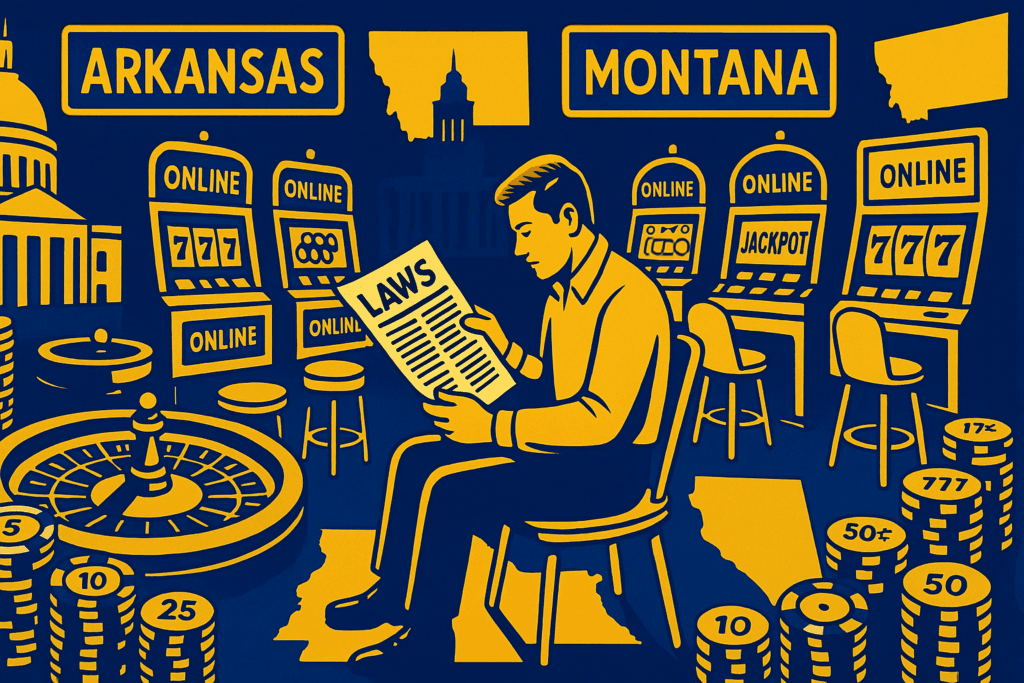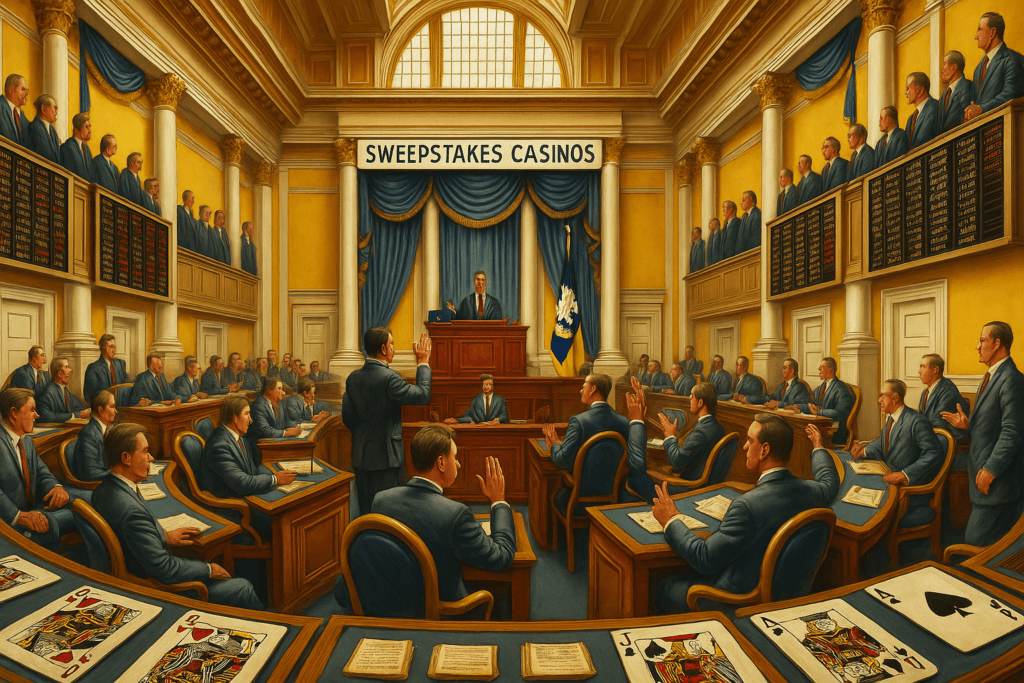In the litany of court cases involving sweepstakes casinos over the last six months, some stand out as particularly defining for the industry’s future. It doesn’t come as a surprise that one such critical case comes from Florida, where anti-sweepstakes laws, albeit of the land-based variety, are well-established.
Two gaming attorneys point to Knapp v. VGW Holdings Ltd. as a potentially pivotal court case in part because it names payment processor WorldPay as a defendant. The case was filed Feb. 28, 2024, and is scheduled to be heard later this year in the U.S. District Court for the Middle District of Florida.
Two Holland & Knight LLP attorneys, Native American law attorney James Meggesto and law associate Samir Patel, penned an analysis in which they lay out why the case could prove pivotal in the ongoing legal battles around the sweepstakes gaming model.
In that analysis, Meggesto and Patel also point out the potential significance of WorldPay being denied a motion to dismiss back on Nov. 25, 2024, noting that WorldPay’s “failure to withdraw from the case may serve as a warning to other payment processors working with sweepstakes casinos.”
Souring sweepstakes operators in the eyes of payment processors would clearly have a devastating impact on the industry.
Why Florida?
Florida could be a strong candidate for setting a legal precedent on the sweeps front because it’s one of few states that explicitly outlaws retail sweepstakes models previously employed through internet cafes, and also games of chance where money is bet.
“Section 849.08 of the Florida Statutes prohibits unlicensed lotteries, while Section 849.14 makes it illegal to engage in any game of chance in which money or something of value is wagered,” the lawyers wrote.
In the case in question, plaintiff Eric A. Knapp alleges that LuckyLand Slots and Chumba Casino owner VGW Holdings violates Florida gambling law by allowing customers to purchase virtual currency to play games where you have a chance to win real money prizes. In Knapp’s view, and in the view of other plaintiffs in similar cases to date, VGW (and/or other sweeps casinos) are conducting illegal gambling activities disguised as sweepstakes.
Dual currency system includes freemium model
Central to the sweeps casino model is the dual-currency system. One such virtual currency (often called “Gold Coins”) carries no monetary value and fits the traditional “freemium” or social casino model where the coins can be purchased (or received for free) but they can never be redeemed for real money or prizes of value.
The other currency (often called “Sweeps Coins”), regardless of whether it is obtained for free or as a “bonus” in purchased Gold Coins packages, can eventually be “redeemed” (essentially, cashed out) for real money at a ratio of $1 per 1 SC.
The fact that these sites do offer a freemium gaming model within, and customers don’t buy the Sweeps Coins directly (and don’t gamble with real money, per se), are arguments VGW and others use to defend the model’s legality within sweepstakes exemptions.
As the analysis points out, VGW argues that “(customers) are purchasing entertainment, the gold coins, and receiving an entry into a sweepstakes — via sweep coins.”
In Florida law and according to the Florida Supreme Court, an illegal lottery must include all three of the following elements: (1) consideration, (2) random selection by chance, and (3) a prize. VGW has successfully argued elsewhere that their games don’t require consideration, as customers are technically able to play their games without ever making a purchase.
But the question here is will that argument hold up in the Florida court of law. And what if it doesn’t?
A matter of precedent?
Meggesto and Patel also mention a 1998 internet sweepstakes cafe case, AGO 98-07, which Florida gambling attorney Daniel Wallach has likened to the present case. Those cafes had machines that dispensed telephone cards that came with sweepstakes tickets to enter cash prize raffles, which the attorney general at the time determined constituted illegal gambling under Florida law.
“The opinion found that even if a consumer product, such as a phone card, is attached to the transaction, the inclusion of a sweepstakes based on chance makes the operation illegal under Florida law,” Meggesto and Patel wrote.
“Both the attorney general’s opinion and the plaintiff’s claims in Knapp emphasize the core legal principles that if a game involves an element of chance and monetary consideration, it likely falls under Florida’s prohibition of unlicensed gambling operations.”
These two lawyers believe that the model for online sweeps casinos employs both of those things.
Potential impact on sweeps sites in Florida and beyond
They also think that if the court rules in that direction, it could have a sweeping negative impact on the sweepstakes gaming industry.
“A ruling against VGW in this case could set a powerful precedent in Florida, affirming the state’s commitment to protect regulated industries and uphold the integrity of its gaming laws,” the lawyers wrote. “Nationally, it could spur Congress to enact legislation clarifying the line between traditional sweepstakes contests and sweepstakes-based casino gaming.”
As of now, clarification of online sweepstakes law falls to individual states. But most states do not have the level of legal precedent or clarity on the sweepstakes model as Florida has.
Whether a ruling in this case would actually escalate the question to the federal level seems unlikely in the short-term …
But not out of the question.


